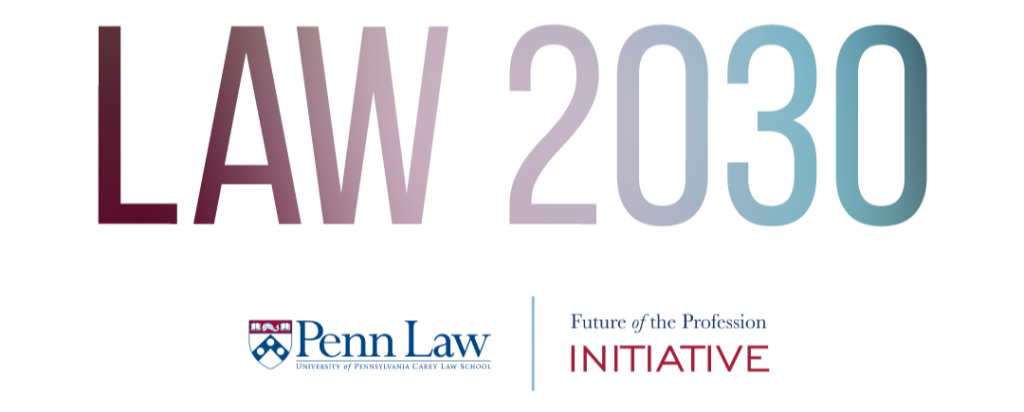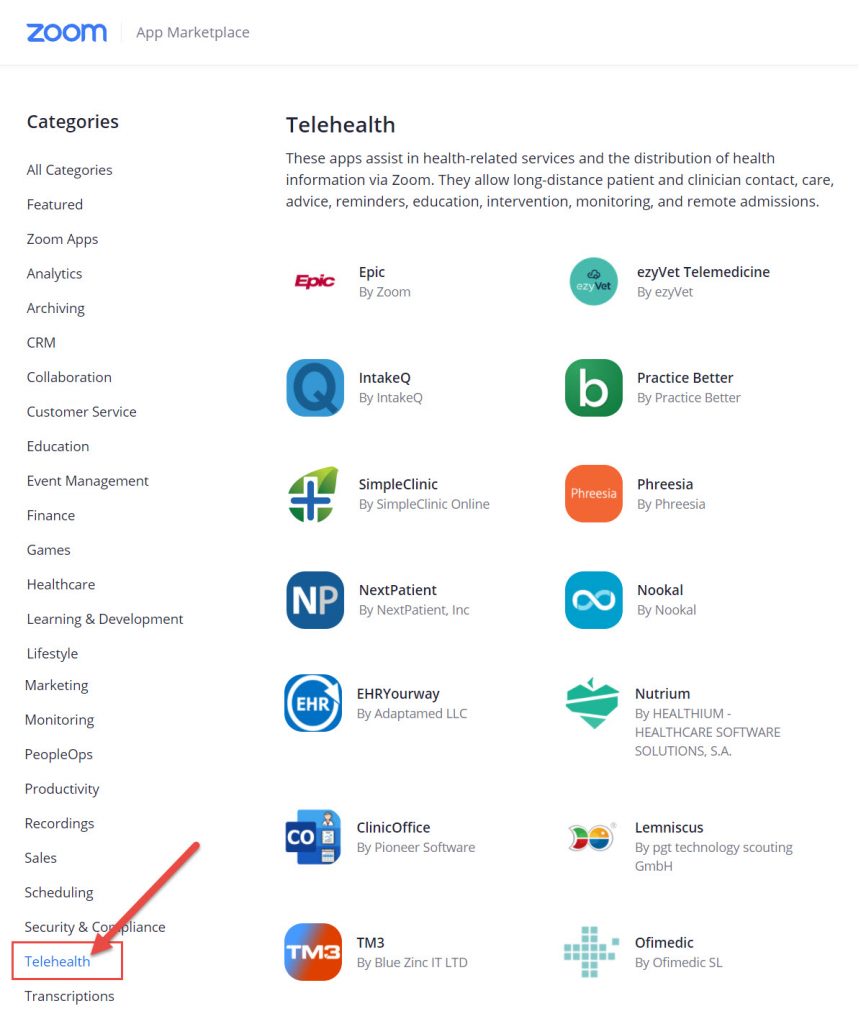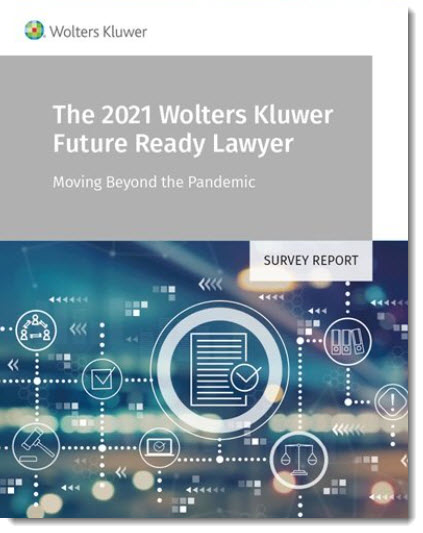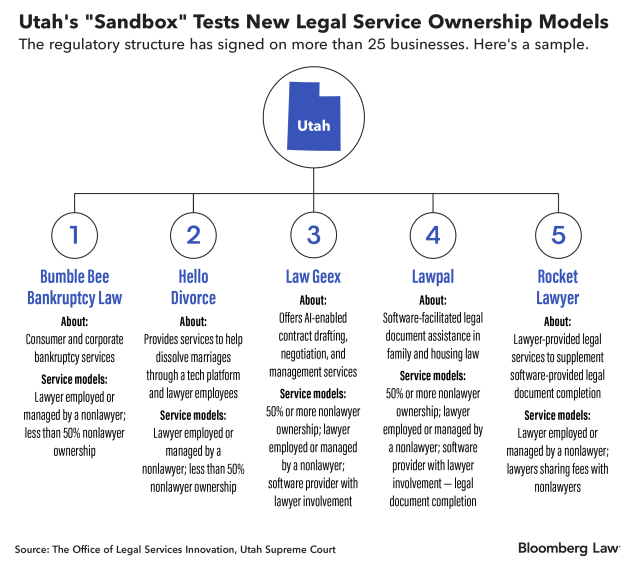Interesting list re: #telehealth and #zoom –>https://t.co/cDDkTO9zSu
DC: How soon/long before #telelegal has its own category as well?#videoconferencing #communications #emergingtechnologies #Internet #telecommunications #platforms
— Daniel Christian (he/him/his) (@dchristian5) August 19, 2021
Jeremiah 9:23-24 New International Version — from biblegateway.com
23 This is what the Lord says:
“Let not the wise boast of their wisdom
or the strong boast of their strength
or the rich boast of their riches,
24 but let the one who boasts boast about this:
that they have the understanding to know me,
that I am the Lord, who exercises kindness,
justice and righteousness on earth,
for in these I delight,” declares the Lord.
Legaltech Careers Guide: roles, organisations and routes into legaltech jobs — from lawtomated.com
Excerpt:
How do I get a job in legaltech? What guidance can you provide regarding legaltech careers? These are questions we get asked a lot. The people asking are both legal and other professionals looking to enter this increasingly diverse sector.
To scale our advice we’ve created this guide to careers in legaltech, legal ops and innovation roles, whether in law firms, vendors or in-house legal teams.
We aim to maintain this guide and update it as the market evolves, and as we learn new things about the people hiring and seeking roles in legaltech, legal ops and legal innovation.
Also see:
- 95% of Legal Professionals Believe Cloud-Based eDiscovery Will Become Industry Norm Within the Next 2 Years — from legalitprofessionals.com
- Clio Acquires CalendarRules, Product that Automates Calendaring of Court Deadlines — from lawsitesblog.com
Gartner Legal Tech Hype Cycle 2021 – Some Thoughts — from artificiallawyer.com
Excerpt:
Gartner has published its annual hype cycle report for legal tech and compliance products for 2021. As with last year, this site has taken a look at the main graphic, which they have shared, and considers what it tells us.
Smaller Firms Have More Advantages Than Ever Before — from abovethelaw.com by Jordan Rothman
Advances in technology have lowered barriers of entry at smaller shops.
Excerpt:
In the past, practicing law was an often onerous profession that required extensive time and resources to accomplish the most basic tasks. Since legal research and writing often involved so much work, bigger law firms had numerous advantages since they could marshal the resources needed to handle a given project. However, with technological advances in the past decade or two, law firms do not need to possess as many resources to complete work, and the cost of legal tasks has plummeted. As a result of all of these changes, smaller firms have more advantages than ever before.
Also see:
Does it Take 10,000 Hours to Become a Legal Tech Expert? — from legaltalknetwork.com
Learn how to develop a personal legal tech learning plan with Dennis Kennedy and Tom Mighell’s helpful tips.
20 Tips in 20 Minutes! — from legaltalknetwork.com
Dennis Kennedy and Tom Mighell offer up simple tips to help you make the most of your time and technology.
Looking for some simple ways to make life just a little bit better? Dennis and Tom challenge themselves to fire through 20 simple technology-related tips in just 20 minutes, from useful shortcut commands, to favorite apps, to smarter tech habits, and more!
LawNext: Defining the ‘Future Ready’ Lawyer, with Wolters Kluwer VPs Martin O’Malley and Dean Sonderegger — from legaltechmonitor.com by Bob Ambrogi
Excerpt:
As the legal profession continues to transform and evolve, how can a law firm or legal department be “future ready”? What are the characteristics that define future-ready organizations and foretell their continued success?
Also relevant/see:
Law Firm Deregulation Programs Pick Up Speed in Utah, Arizona — from news.bloomberglaw.com by Sam Skolnik
Excerpt:
Efforts to allow non-lawyers to own law firms in Arizona and Utah are picking up steam, as participating companies say it’s inevitable that more states will be following similar paths.
Utah’s regulatory “sandbox” and Arizona’s “alternative business structures” program are being closely watched by the country’s largest law firms like Snell & Wilmer, which is actively weighing the possible benefits.
“Snell & Wilmer has considered and is considering opportunities that these changes may present to a traditional law firm,” said Mark Morris, a Salt Lake City-based partner with the firm, which also has offices in Phoenix and Tucson, Arizona. The firm, he said, “is closely watching the successes and failures of others who are actively participating in these programs to help guide any future decisions.”
Career Tracker: Virtual firms hit an industry milestone as hires continue — from reuters.com by Sara Merken & Arriana Mclymore
Virtual law firm FisherBroyles announced Tuesday that it has cracked the Am Law 200, saying it’s the first non-traditional, so-called distributed law firm to rank among the top 200 highest-grossing U.S. firms.
The 300-partner firm said its annual gross revenue reached $113 million in 2020, adding that in the last year alone it added 51 new partners “almost entirely from Am Law 100 and 200 ranked firms.” It cited the role of the pandemic, which upended expectations about remote work, in spurring its growth and accelerating the adoption of its mostly cloud-based approach to legal services.
2021 Report on the State of the Midsize Legal Market — from legal.thomsonreuters.com; with thanks to Gabe Teninbaum for this resource and the resource below
Managing through the endless changes of 2020 uncovered both challenges and opportunities for law firms. The past year was an exercise in responding swiftly and decisively to massive disruptions. 2021 may allow for a strategic reassessment of what works — or no longer works — in this new environment.
Download the “Report on the state of the midsize legal market” for a look back at midsize law firms’ performance, the strategies they employed to preserve profitability throughout the year, and the unique opportunities that exist for them.
Also see:
The fate of midsize firms in a post-pandemic world — from abovethelaw.com by Nicole Black
Excerpts:
Of course, the effect of the pandemic on the practice of law varied greatly from one firm to the next. Often, the impact was largely dependent on firm size, geographic location(s), practice area(s), and, of course, technology readiness. For example, some firms were already operating in the cloud and were able to quickly pivot to remote functionality and were easily able to communicate with clients and colleagues, accept online signatures and payments, and quickly access documents and law firm data. For other firms, the transition to remote work was a much more difficult one.
Law firms leaders quickly learned that a willingness to adopt new technologies into their firms was a requirement for survival during the pandemic.
…
The bottom line: we’re going to be entering a “new normal” on the other side of the pandemic and the old school ways of thinking and doing business simply won’t cut it. An innovative mindset is key, and this includes a willingness to: 1) adapt when needed, and 2) invest in cutting edge technologies that will ensure built-in efficiency and flexibility.
Imagine the future of law, legal technology and new law jobs — from canadianlawyermag.com by Monica Goyal
The year is 2025. The legal system was transformed by COVID-19 and the profession reflects that
Excerpt:
The question for all of us is what happens next? Some say lawyers will go back to their offices and things will operate as they did pre-pandemic. But what about the massive changes to global business and the impact of digitization on the profession? How will this new cyber-efficiency influence future legal jobs? Consider three different kinds of lawyers in the year 2025:

Articles of the month — from the Penn Carey Law School (specifically their “Future of the Profession Initiative’s Monthly Newsletter, May 2021)
- International Group Forms Think Tank To Propel Change In the Legal Business Model
- Less than a Year Later Utah’s Regulatory Reform is Making Positive Change
- Will Top Next-Gen Talent Choose to Practice with Law Firms? (Subscription Required)
- Permitting Alternative Business Structures Could Spur Tech Innovation, Arizona Justice Says (Subscription Required)
- Legal Tech CEOs Urge Lawyers to Keep Innovating Beyond the COVID-19 Pandemic
- Clio Named to Fast Company’s List of the World’s Most Innovative Companies for Broadening Access to Justice Amidst the COVID-19 Pandemic
- The Next (Foreseeable) Disruption for the Legal Industry
- Law on Call Will Launch the First Nonlawyer-Owned US Law Firm
- What is Essential: Legal Design and Client Stories
- Automated Legal Reasoning Could Shape Future of Digital Services
Addendum on 5/6/21:
- The Geek in Review Ep. 116 – Jennifer Leonard of Penn Law’s Future of the Profession Initiative — from geeklawblog.com by Greg Lambert & Marlene Gebauer












